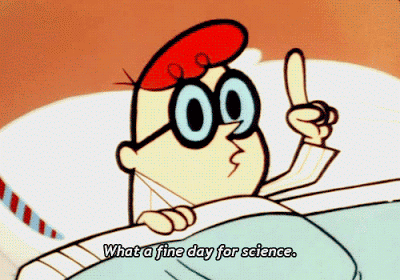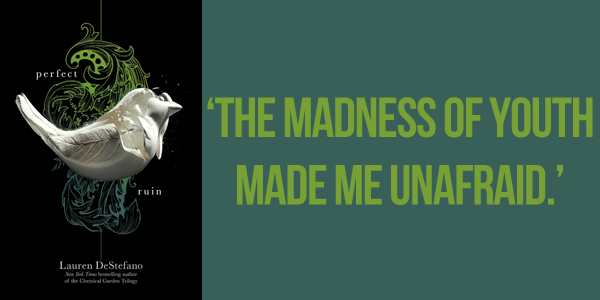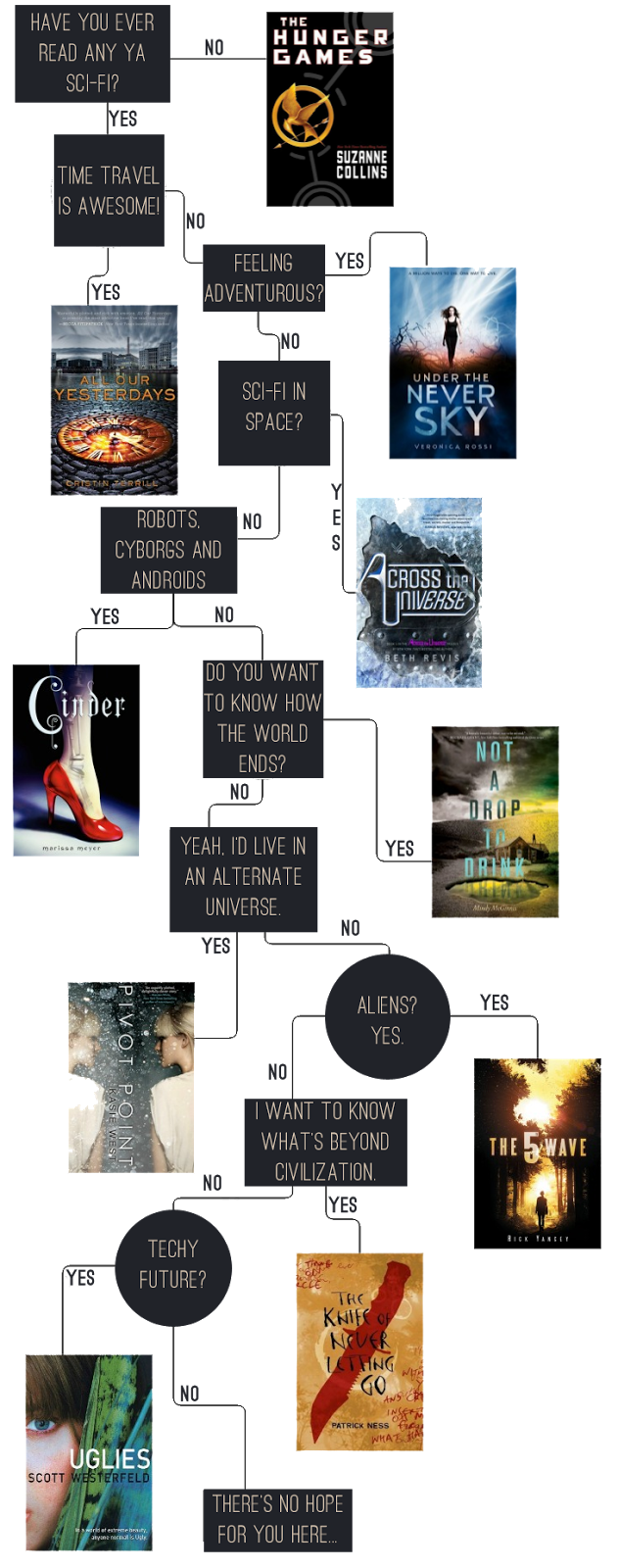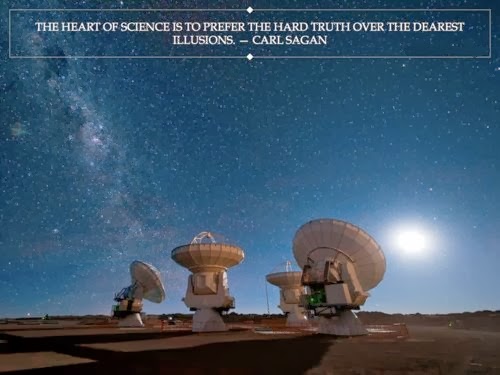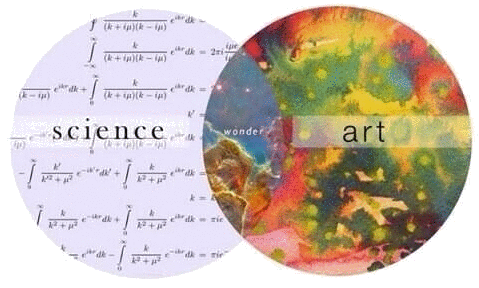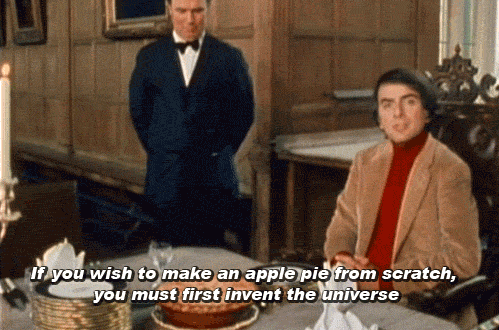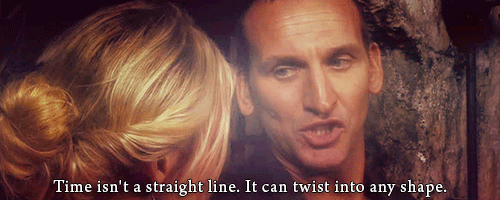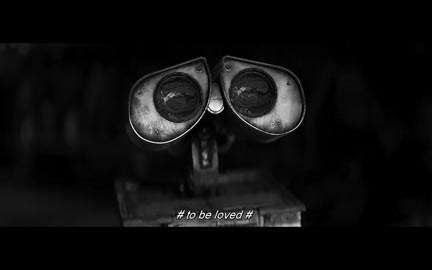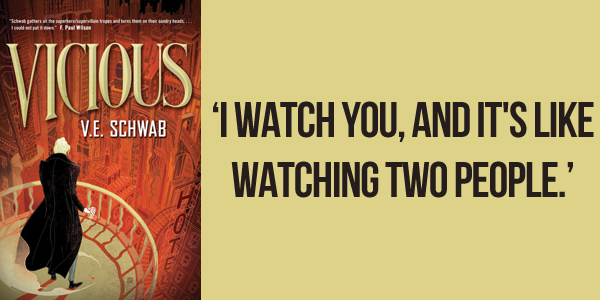
ABOUT THE BOOK
adult fantasy science fiction published by Tor on 24 September 2013
A masterful, twisted tale of ambition, jealousy, desire, and superpowers.
THE RATING

THE REVIEW
THE QUOTES
‘By the time the first bell rang, signalling the end of Victor’s art elective, he’d turned his parents’ lectures on how to start the day into:
Be lost. Give up. Give In. in the end It would be better to surrender before you begin. be lost. Be lost And then you will not care if you are ever found.
He’d had to strike entire paragraphs to make the sentence perfect after he accidentally marked out ever and had to go on until he found another instance of the word. But it was worth it. The pages of black that stretched between if you are and ever and found gave the words just the right sense of abandonment.’
‘I watch you, and it’s like watching two people.’
